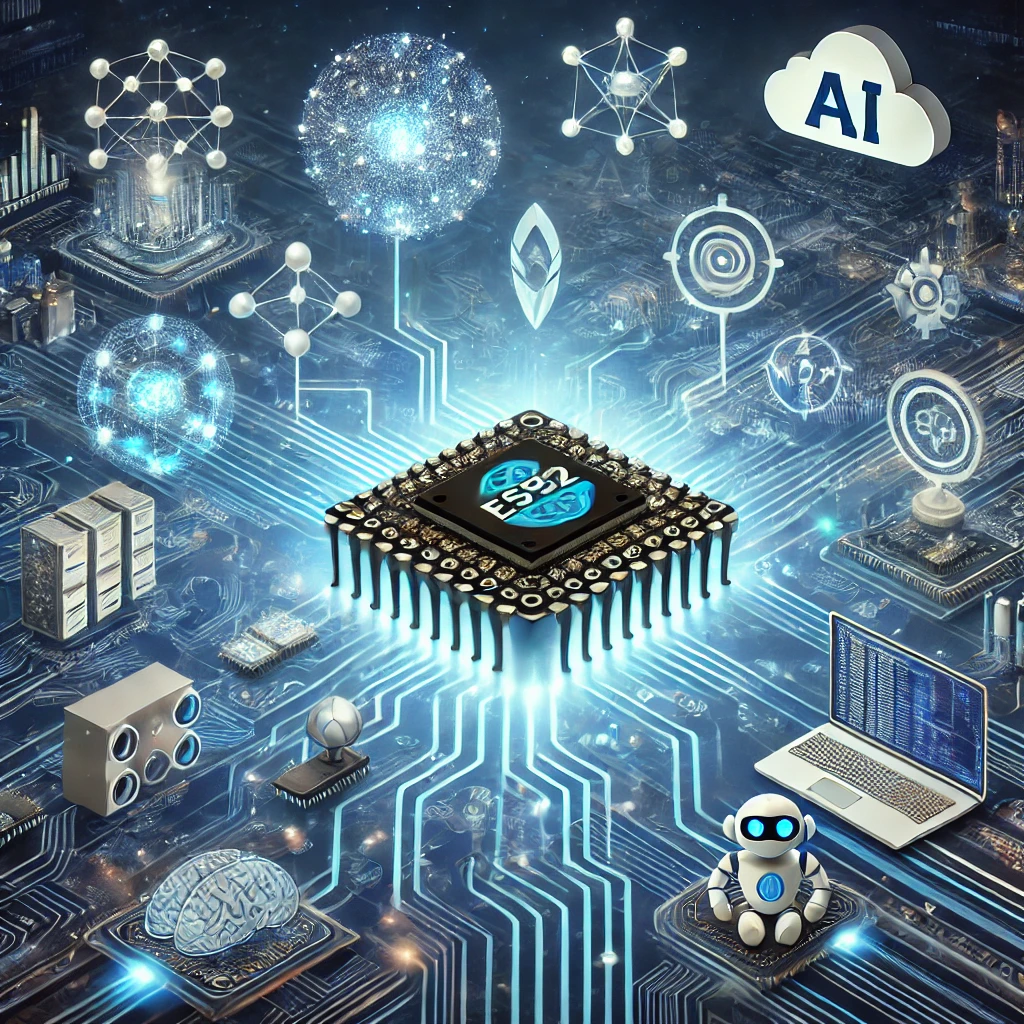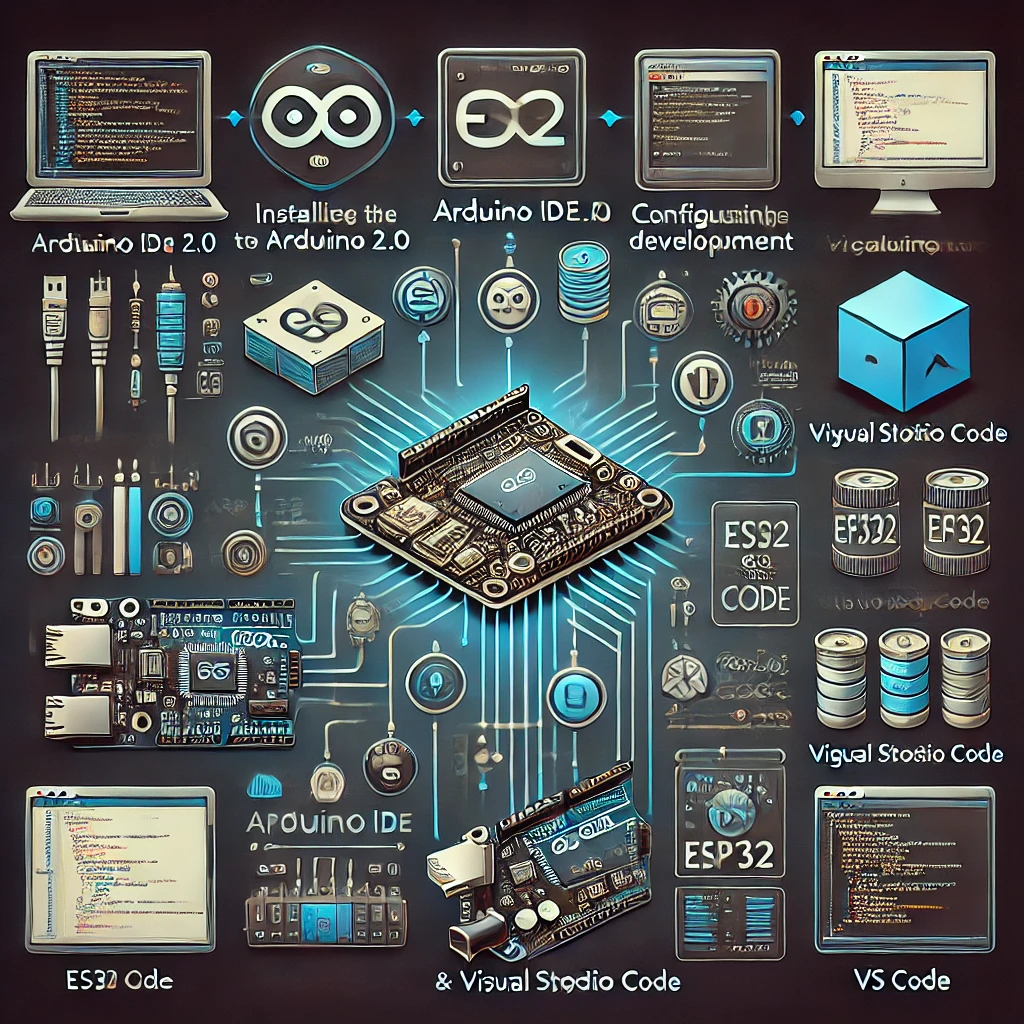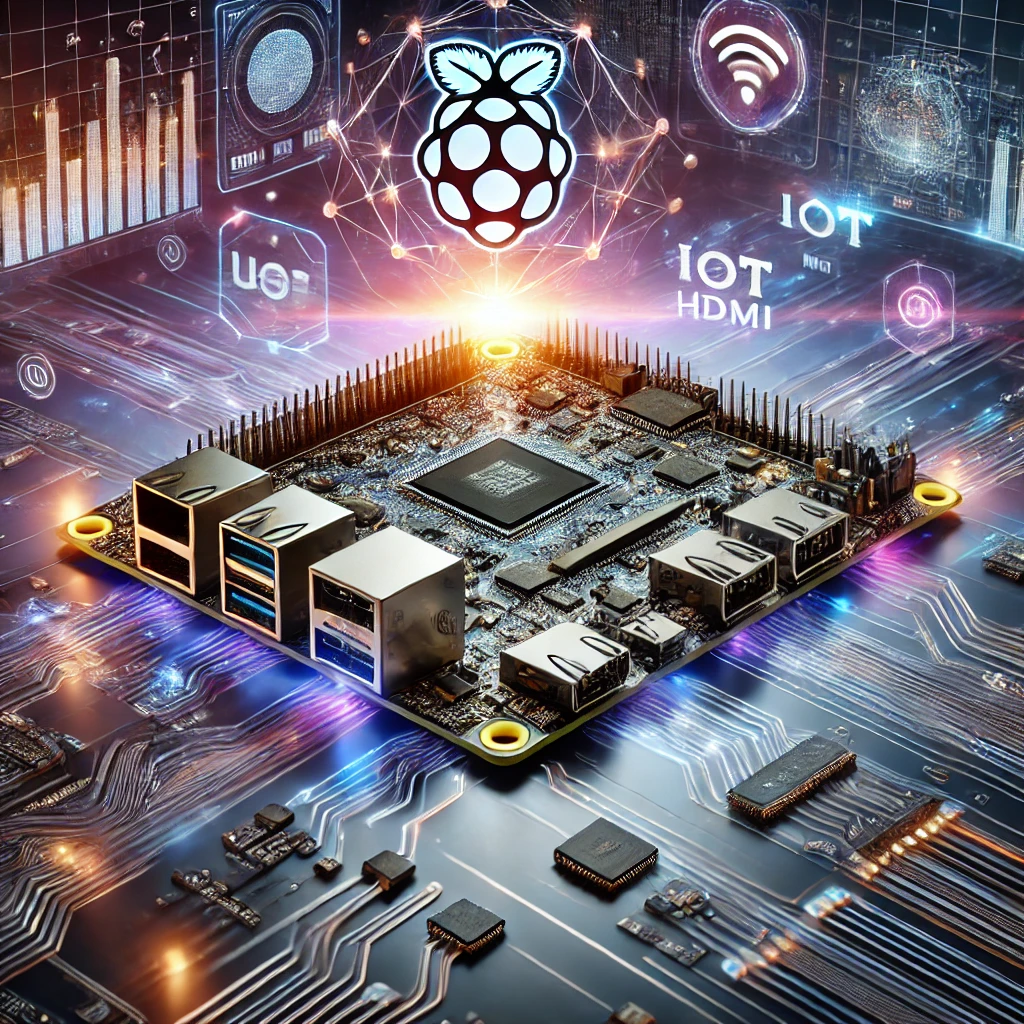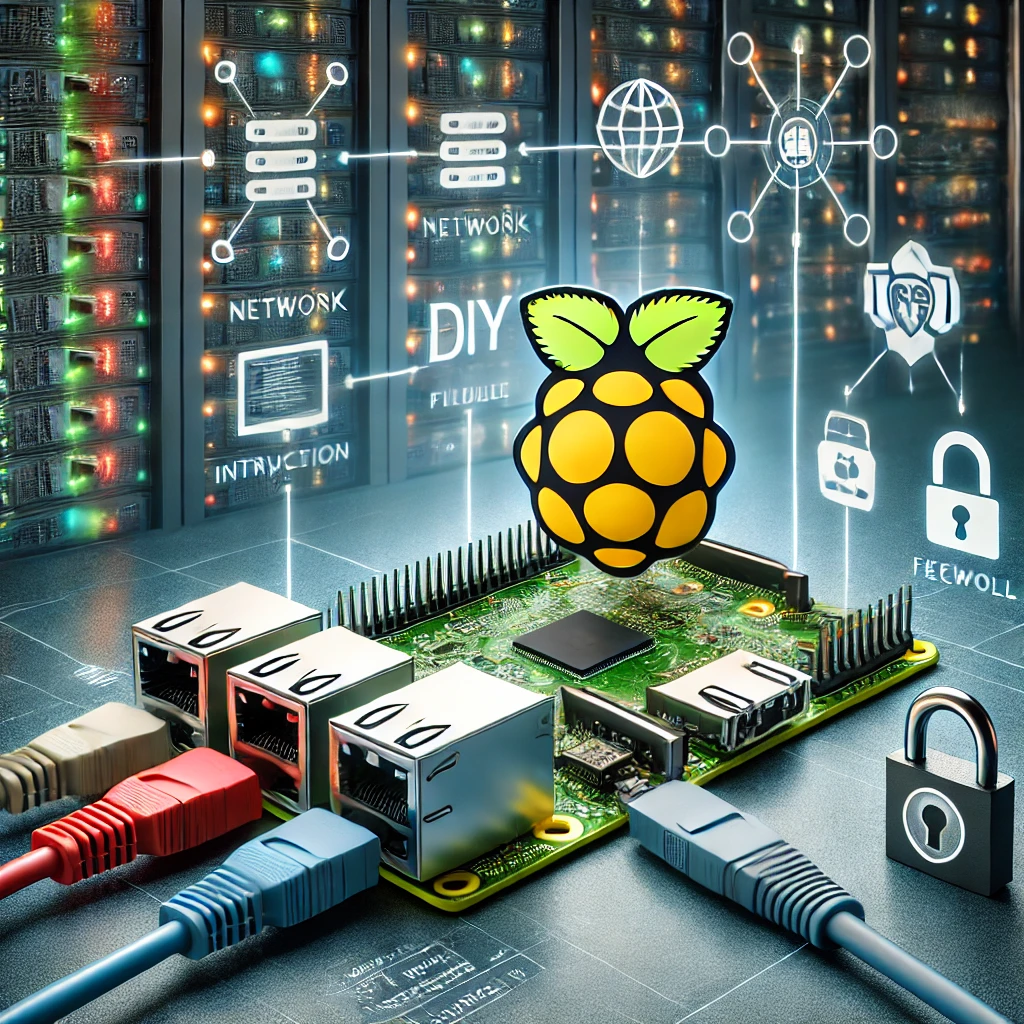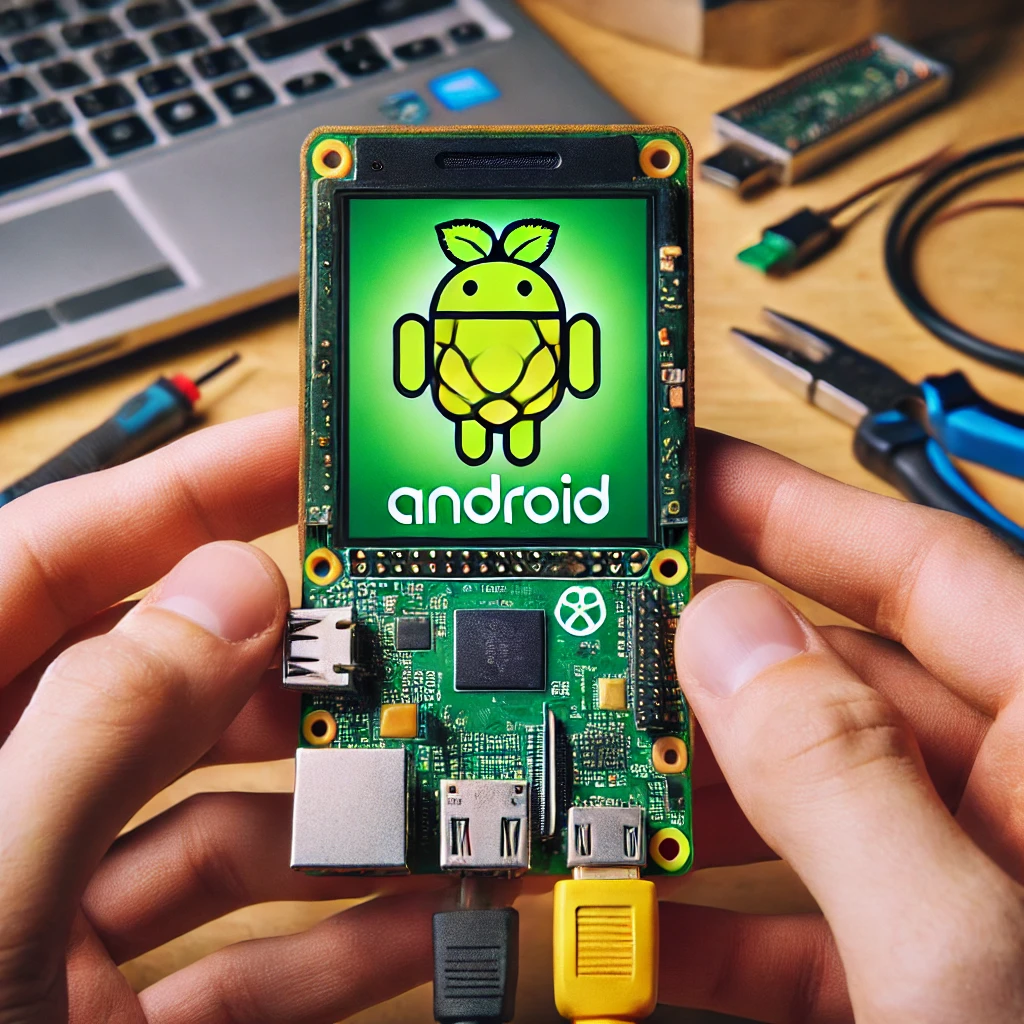Uncover the latest developments in AI integration with ESP32. Learn how new software libraries and frameworks are enabling edge AI processing for advanced IoT applications.
The convergence of artificial intelligence (AI) and Internet of Things (IoT) is opening up new possibilities, and the ESP32 microcontroller is at the forefront of this technological evolution. Recent advancements have seen the introduction of AI capabilities into ESP32-based projects, driven by new software libraries and frameworks. These developments are transforming how developers approach AI, enabling powerful edge processing in a wide range of applications.
Key Developments in AI for ESP32
1. TensorFlow Lite for Microcontrollers:
One of the most exciting developments is the adaptation of **TensorFlow Lite** for microcontrollers, specifically for the ESP32 platform. TensorFlow Lite enables developers to run machine learning models directly on the ESP32, allowing for real-time AI processing at the edge. This capability is particularly valuable for applications such as **image recognition, voice detection, and sensor data analysis**. With TensorFlow Lite, developers can build AI-powered devices that operate independently of cloud services, reducing latency and improving reliability.
2. MicroAI: Simplifying AI Integration:
MicroAI is another key player in the AI landscape for ESP32. This software library focuses on making AI more accessible by offering pre-trained models that can be easily deployed on ESP32 devices. MicroAI supports various machine learning tasks, including anomaly detection and predictive maintenance, which are critical for industrial IoT applications. By simplifying the integration of AI, MicroAI enables developers to implement sophisticated functionalities without requiring deep expertise in machine learning.
3. Real-World Applications and Use Cases:
The fusion of AI with ESP32 is unlocking innovative applications across various industries. For instance, smart home devices can leverage AI to recognize user patterns and adjust settings automatically, enhancing convenience and energy efficiency. In industrial settings, ESP32-based AI systems can monitor equipment performance, predict failures, and optimize maintenance schedules, thereby reducing downtime and operational costs. The ability to process data locally on the ESP32 also enhances privacy, as sensitive information does not need to be transmitted to external servers.
Impact on IoT and AI Development
The integration of AI capabilities into the ESP32 ecosystem is a significant leap forward for both IoT and AI development. These advancements allow developers to create smarter, more responsive devices that can operate autonomously at the edge. As AI continues to evolve, the ESP32 is poised to become an even more essential tool for building the next generation of intelligent IoT solutions.

